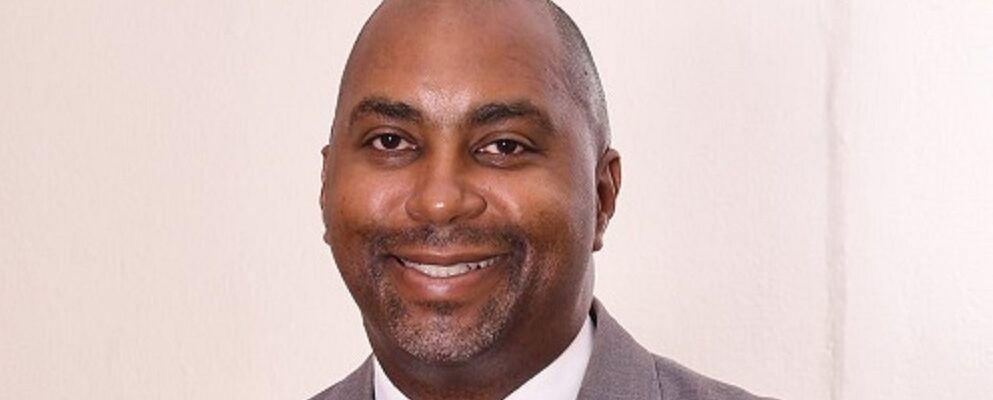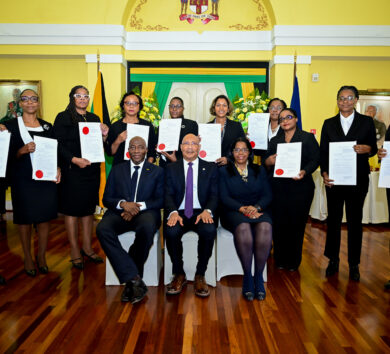

Contrary to the picture being painted by the current administration, Jamaica’s economy was in decline before the start of the COVID-19 pandemic, according to Julian Robinson, opposition spokesman on finance.
Robinson, in describing the Government’s performance as “lacklustre”, yesterday argued that, in the three consecutive quarters prior to the start of the pandemic, the economy had been recording negative growth and was headed for a recession.
“Starting from the quarter of July to September 2019, negative growth of 0.2 per cent. From October to December 2019, negative growth of 0.5 per cent and from January to March 2019 2020, negative growth of 1.7 per cent. So, after a lacklustre performance in 2018-2019. With less than one per cent growth in each quarter, our economy began to shrink in the second quarter of 2019-2020 and has continued on a downward trajectory since,” said Robinson as he made his contribution to the 2021-2022 Budget Debate in the House of Representatives.
“When the pandemic hit us in March 2020 we were already in economic decline. We were actually one quarter away from being classified as being in a recession prior to COVID.”
Julian Robinson, opposition spokesman on finance
“So, when the pandemic hit us in March 2020 we were already in economic decline. We were actually one quarter away from being classified as being in a recession prior to COVID,” added Robinson.
According to Robinson, the pandemic only exacerbated the country’s weak economic position which has been felt most by the country’s working poor, who he revealed have been struggling to grapple with job losses and rising food prices.
How the pandemic has affected Jamaicans
Robinson went on to explain that, today, many Jamaicans are out of work, some having been placed in a position where they have been without a steady income for over a year. To make matters worse, he said most Jamaicans did not have savings to fall back on and were experiencing trouble providing food for them and their families.

Robinson supported his claims about food security with data from a joint study by UNICEF Jamaica and CAPRI, which showed that 45 per cent of Jamaican households have had to cut back on food.
Robinson also highlighted a similar study published by the United States Department of Agriculture, from its Economic Research Service and released in January 2021, which revealed that 12.8 per cent of the Jamaican population was classified as food insecure.
“What the data shows if you look at Jamaica, is that Jamaica, had the single largest increase in food insecurity in the entire region; meaning we had a 100 per cent increase pre COVID to post COVID,” said Robinson.
“No other country in the region, not even Haiti had that increase. So, the data is supporting what all of us in this House [of Representatives] know, because we have to deal with it with our constituents. And the reality is that there are a large number of Jamaicans who simply cannot afford to buy the minimum amount of food to survive on a daily basis,” added Robinson.
He also shared that food prices had been skyrocketing, with the president of the Jamaica Manufacturers and Exporters Association telling Jamaicans to brace for more increases.
“It doesn’t help our situation that, since 2016, the cost of basic food items has skyrocketed. The cost of salt fish, coconut, chicken back and rice, as examples, have increased by over 100 per cent,” said Robinson.
Among the price increases outlined by Julian Robinson, opposition spokesman on finance, were:
- Chicken back, $60 in 2016, is now $140 – an increase of 133 per cent
- Cooking oil, $85 in 2016, is now $220; an increase of 158 per cent
- Tin mackerel has moved from $55 to $100; an increase of 81 per cent
- Rice has gone up from $31 per pound to $62 per pound, an increase of 100 per cent
- Sugar has gone up from $55 per pound to $12; an increase of 120 per cent







Comments